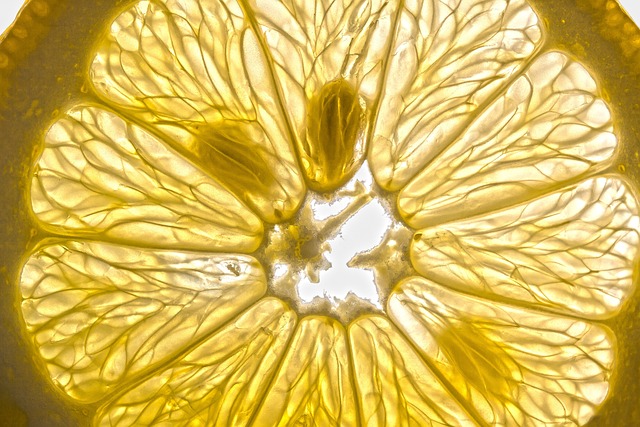Probiotics and Digestion: Exploring the Connection Between Gut and Health
When you hear the word “bacteria,” you might think of harmful germs that cause diseases. However, not all bacteria are bad for our health. Probiotics are live microbes that can boost our digestion and immune system, and many doctors and nutrition experts recommend them to promote overall wellness. In this article, we’ll look at how probiotics work and how they might benefit our gut and health.
What Are Probiotics?
Probiotics are types of bacteria and yeasts that live in our digestive tract, mainly in the large intestine and colon. They help us digest food, absorb nutrients, and eliminate waste. Although there are thousands of probiotic species, most research focuses on two types: lactobacillus and bifidobacterium. You might have heard of these strains as they are commonly found in probiotic supplements and fermented foods.
Probiotics can be consumed as supplements or through food. Some of the best natural sources of probiotics are:
- Yogurt
- Kefir
- Kombucha
- Miso
- Sauerkraut
- Tempeh
- Kimchi
Probiotics are safe for most people, but if you have a weakened immune system or are critically ill, talk to your doctor before starting probiotic therapy.
How Do Probiotics Work?
Probiotics work by repopulating our gut microbiota, which is the complex ecosystem of symbiotic microorganisms that live in our gastrointestinal tract. Our microbiota plays a crucial role in our metabolism, immune response, hormone regulation, and brain function. When our microbiota is imbalanced, due to factors like poor diet, antibiotics, stress, or environmental toxins, our health can suffer. An imbalanced microbiota, or dysbiosis, has been linked to various health conditions, such as:
- Constipation and diarrhea
- Stomach pain and bloating
- Inflammatory bowel diseases, such as Crohn’s disease and ulcerative colitis
- Food allergies and intolerances
- Obesity and metabolic disorders
- Allergies and autoimmune disorders
- Depression and anxiety
Probiotics can help restore the balance of our microbiota by:
- Competing with harmful bacteria for resources and space in our gut
- Promoting the growth of beneficial bacteria, such as bifidobacteria and lactobacilli
- Stimulating our immune system and reducing inflammation
- Enhancing our gut barrier function and reducing gut permeability
- Breaking down complex carbohydrates and fiber that our bodies can’t digest on their own
- Producing vitamins, such as vitamin K and B12, and short-chain fatty acids, which can nourish our cells and protect us from pathogens
What Are the Benefits of Probiotics?
Probiotics have been studied for their potential health benefits, and while more research is needed, there is some evidence that they might:
- Improve digestion and reduce symptoms of irritable bowel syndrome, such as abdominal pain and gas
- Prevent and treat diarrhea associated with antibiotic use, infection, or travel
- Reduce the risk of vaginal and urinary tract infections
- Lower cholesterol levels and blood pressure
- Reduce inflammation and oxidative stress in people with chronic diseases, such as type 2 diabetes, rheumatoid arthritis, and heart disease
- Boost mood and cognitive function by modulating the gut-brain axis
- Support weight management and metabolic health by regulating appetite and energy balance
However, it’s important to note that the effects of probiotics may vary depending on the strain, dose, and individual factors. Some people might experience mild side effects, such as bloating, gas, or nausea, after taking probiotics. If you’re unsure whether probiotics are safe and effective for you, ask your healthcare provider







